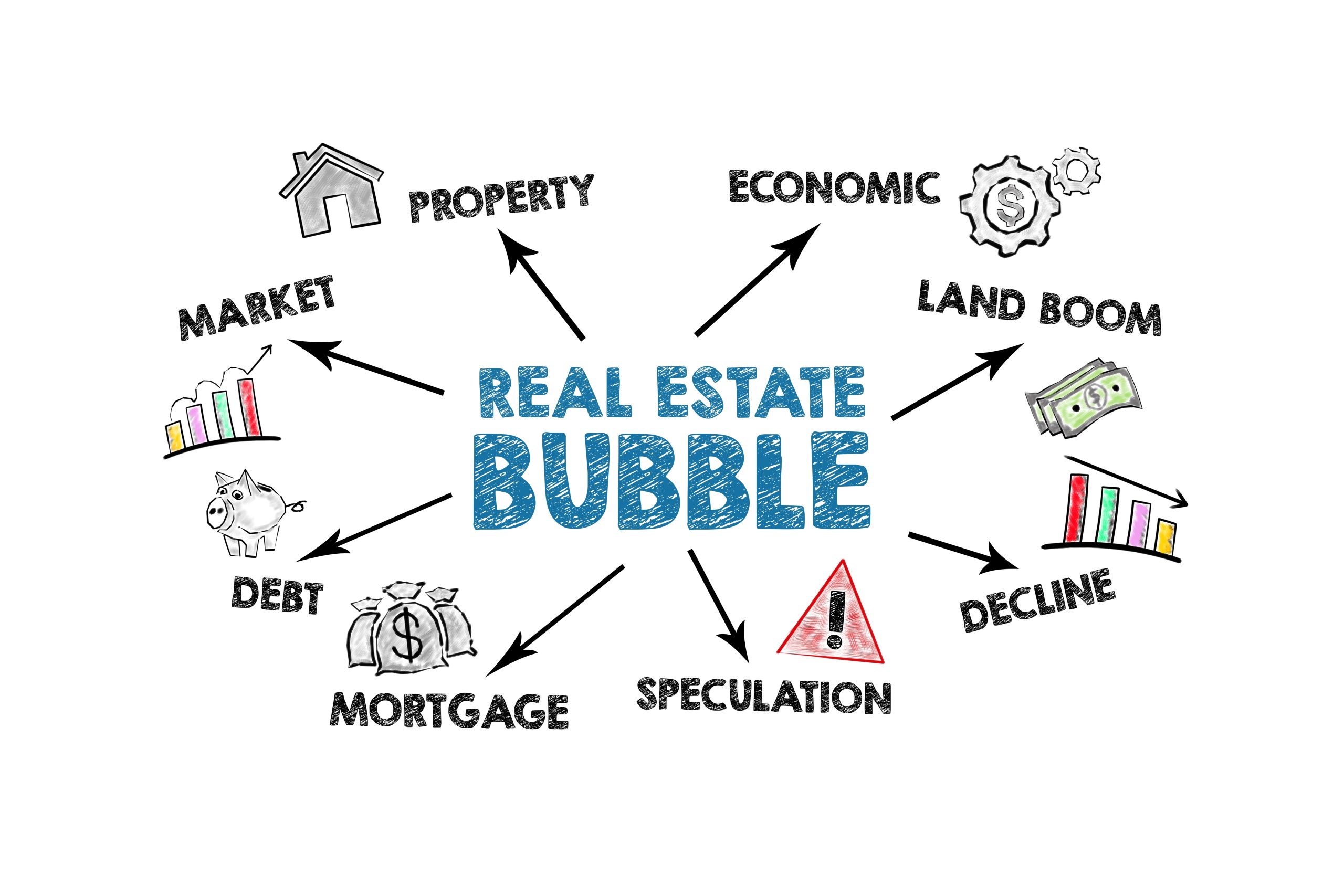Real Estate Bubbles: Japan and Las Vegas
This course offers a comprehensive understanding of real estate bubbles through a comparative analysis of two notable cases: the Japanese real estate bubble of the late 1980s and the Las Vegas housing market bubble of the mid-2000s. By examining these examples, students will explore the causes, dynamics, consequences, and recovery strategies related to real estate bubbles.
The course begins with an introduction to the concept of real estate bubbles, including their economic indicators, underlying theories, and impact on broader economic systems. Key focus areas include market psychology, financial mechanisms, regulatory environments, and the role of global economic conditions in shaping local real estate markets.
Following the foundational topics, the course delves into a detailed study of the Japanese real estate bubble. It covers Japan’s post-World War II economic rise, the overheating of its real estate market driven by speculative investment and loose credit conditions, and the ensuing crash that led to a prolonged economic stagnation known as the “Lost Decade.”
The narrative then shifts to the Las Vegas housing bubble, which occurred within the context of the broader United States housing bubble in the 2000s. This section examines the rapid growth in housing prices, the role of subprime lending, the impact of global capital flows, and the devastating effects of the bubble’s burst on the local economy, which resulted in massive foreclosures and a deep economic downturn.
The course uses a combination of lectures, guest speakers, documentary viewings, and case studies. Assessment methods include written assignments, presentations, and discussions. Real estate market data, economic reports, and historical case documents will serve as primary materials for analysis.
By comparing the real estate bubbles in Japan and Las Vegas, this course not only highlights the specific economic conditions and decisions that led to these crises but also offers broader lessons on how similar future crises might be predicted, prevented, or managed. Students will develop a nuanced understanding of the complex interactions between market forces and regulatory frameworks, enabling them to apply this knowledge to real-world situations in real estate, finance, and public policy.

